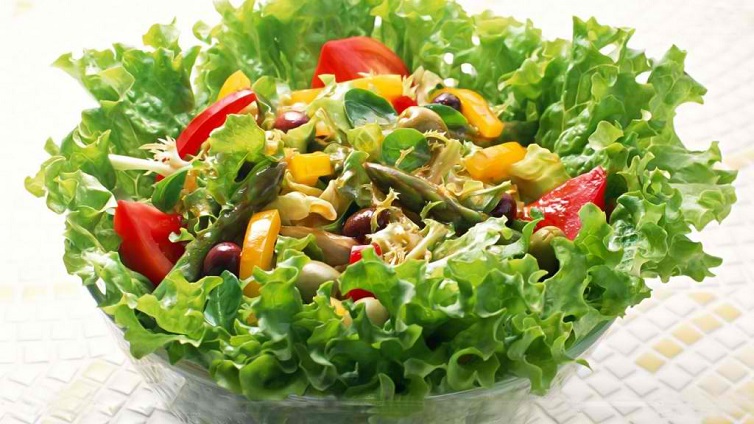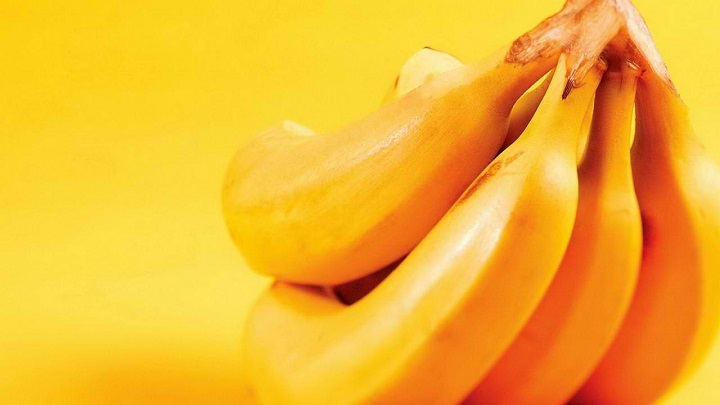Acid reflux is a symptom of a disease wherein the valve that closes the stomach either fails to close properly or opens too frequently when food passes through it. When this happens, the acid in the stomach then rises up to the esophagus, causing a discomforting pain usually referred to as “heartburn”.
Acid reflux can sometimes happen without it being a major concern. However, if it happens around twice a week or more, it could be the symptom of gastroesophageal reflux disease or GERD.
While medication is the primary treatment to fix the stomach’s valve, diet plays a huge role in reducing the amount of acid that moves up to the esophagus. Here are some of the best ways to fix your acid reflux issues.
Food & Nutrition Diet (Meal Plan) for Acid Reflux
#1 Recommended Breakfast Diet for Acid Reflux

Oatmeal is one of the best breakfast meals, and it is also one of the best meals for acid reflux. For those looking for a low-carb option, yogurt is also great since it balances the gut’s healthy bacteria. Anything that aids digestion is great breakfast fare, since it helps soothe the digestive tract, thus helping reduce the amount of acid present.
Apple cider vinegar, which has been a famous before-breakfast treatment or supplement for may, has also shown potential in lessening the symptoms of acid reflux by balancing the stomach acids. A tablespoon of apple cider vinegar in a cup of water at least five minutes before breakfast would be the ideal dose.
#2 Recommended Lunch Diet for Acid Reflux

Lean meats, such as seafood and poultry, are great for acid reflux since they do not contain any fats. The only thing to watch out for is to make sure they are not cooked in oils — that means no frying. There are many remaining options, such as broiling, grilling, baking, or in stews.
Speaking of stews bone broth is also a great way to keep stomach acids calm as their content of glutamine, collagen, and other compounds help reduce acid generation.
#3 Recommended Dinner Diet for Acid Reflux

Aside from another helping of lean meats, salad is also a great way to help with acid reflux symptoms. In fact, this could be considered a primary meal for those with GERD, since it greatly helps with digestion. The only thing to watch out for will be the addition of tomatoes and onions, which are acidic in nature. High fat content, such as cheese and various dressings, should also be avoided as fat worsens the symptoms of GERD.
#4 Recommended Snack Diet for Acid Reflux

While other meals are not too restricted, those with acid reflux may have a hard time with snacks, largely because a majority of snacks today contain a huge amount of fats and oils. Salads may be a good idea, but for those on the go, snacking on whole-wheat bread with a filling of lean meats could be easier. You may vary your fare with wraps, such as burritos (the rice content is also good for GERD) or other combinations of lean meats and complex carbohydrates.
#5 Recommended Drinks for Acid Reflux

Water is a perfect drink for those with acid reflux, since it deadens the effects of acid. Another great drink, which is a good choice for an after-meal beverage, is coconut water. It is high in electrolytes and potassium, which are instrumental in keeping the body hydrated. Take a glass of this before going to bed in order to keep the effects at bay throughout the night.
#6 Recommended Herbs for Acid Reflux

Ginger may be acidic, but in moderate amounts it is great for reducing the intensity of GERD. It has natural anti-inflammatory agents, and it also helps cure heartburn and other stomach issues. Ginger could be peeled, diced, sliced, or grated, and eaten raw. It could also be used as part of your cooking.
Aloe vera is also a great herb for GERD, though some of the evidence pointing to its effectivity may be anecdotal. Still, its leaves and its processed liquid form can be added to some food recipes (especially dessert) so its soothing effects can work.
#7 Recommended Fruits for Acid Reflux

Bananas, with their great pH levels of 5.6, can be good at neutralizing acid reflux. The only exception is if your GERD onsets because of components in bananas. If this is the case, melons (with a pH of 6.1) may be a better option. Similar fruits such as watermelons, honeydews, and cantaloupes are also good.
#8 Recommended Vitamins for Acid Reflux

Vitamin B complex is a good treatment for acid reflux since it helps stop symptoms. This was found in a study that was published in 2006, wherein subjects reported that their symptoms faded after around 40 days. Immune-boosting vitamins A, C, and E are great at stopping symptoms too — just make sure to get your Vitamin C from non-acidic products as even citrus fruits can increase the frequency and intensity of GERD.
#9 Recommended Minerals for Acid Reflux

There are some proprietary mineral blends that have been stated to decrease the symptoms of acid reflux, but so far no single mineral has been proven to prevent GERD and its symptoms.
#10 Discouraged Food for Acid Reflux

Fatty foods and acidic foods (including citrus) are the primary culprits in increasing the intensity of GERD and its symptoms. It’s this same set of food that also increase the onset of many other gastrointestinal problems.
At the same time, alcohol and caffeine should be avoided. Soda and other carbonated beverages, including other foods with artificial sweeteners, should also be avoided as they could upset the stomach greatly.
GERD, acid reflux, and many other gastrointestinal diseases can be easy to manage as long as you keep to a proper diet and follow the doctor’s orders. There are many resources available online wherein you can get recipes and other ideas to incorporate what may look like a limited option of food intake into something you could enjoy everyday.
- READ MORE




